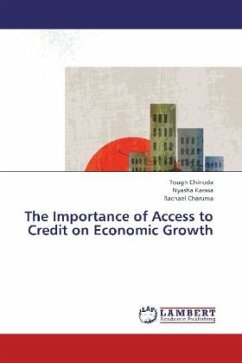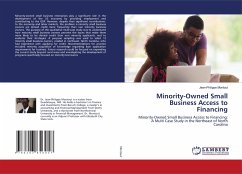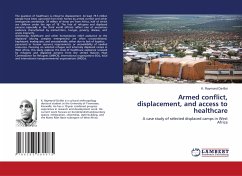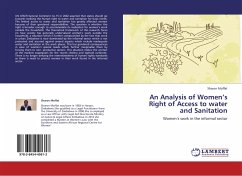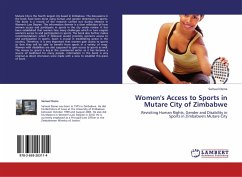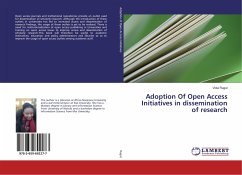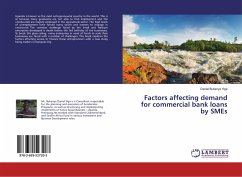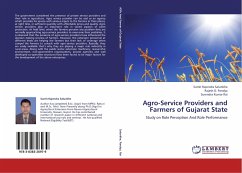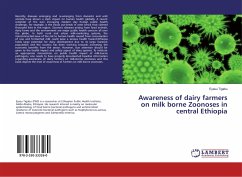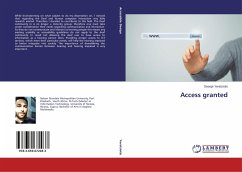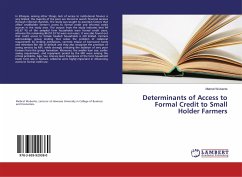
Determinants of Access to Formal Credit to Small Holder Farmers
Versandkostenfrei!
Versandfertig in 6-10 Tagen
24,99 €
inkl. MwSt.

PAYBACK Punkte
12 °P sammeln!
In Ethiopia, among other things, lack of access to institutional finance is very limited, the majority of the poor are forced to search financial services through informal channels. The study was sought to ascertain factors that affect smallholder farmer's access to formal credit and informal credit sources in the study area. The output from the study indicates that 64 (42.67 %) of the sampled farm households were formal credit users, whereas the remaining 86 (57.33 %) were non-users. It was also found out that credit access to female headed households is still limited. Farmers acknowledge gro...
In Ethiopia, among other things, lack of access to institutional finance is very limited, the majority of the poor are forced to search financial services through informal channels. The study was sought to ascertain factors that affect smallholder farmer's access to formal credit and informal credit sources in the study area. The output from the study indicates that 64 (42.67 %) of the sampled farm households were formal credit users, whereas the remaining 86 (57.33 %) were non-users. It was also found out that credit access to female headed households is still limited. Farmers acknowledge group lending that solves the problem of collateral requirement by lending institutions, controls misuse of borrowed funds and minimizes the risk of default and they also recognize the provision of saving services by MFI, while strongly criticizing the isolation of very poor farmers from the group formation. Moreover, the smaller loan size, earlier saving requirement, and repayment period by the MFI were among the critical problems. Age, Sex, Literacy level, Experience of the farm household head; Farm size in hectare, collateral were highly important in influencing access to formal credit use.



